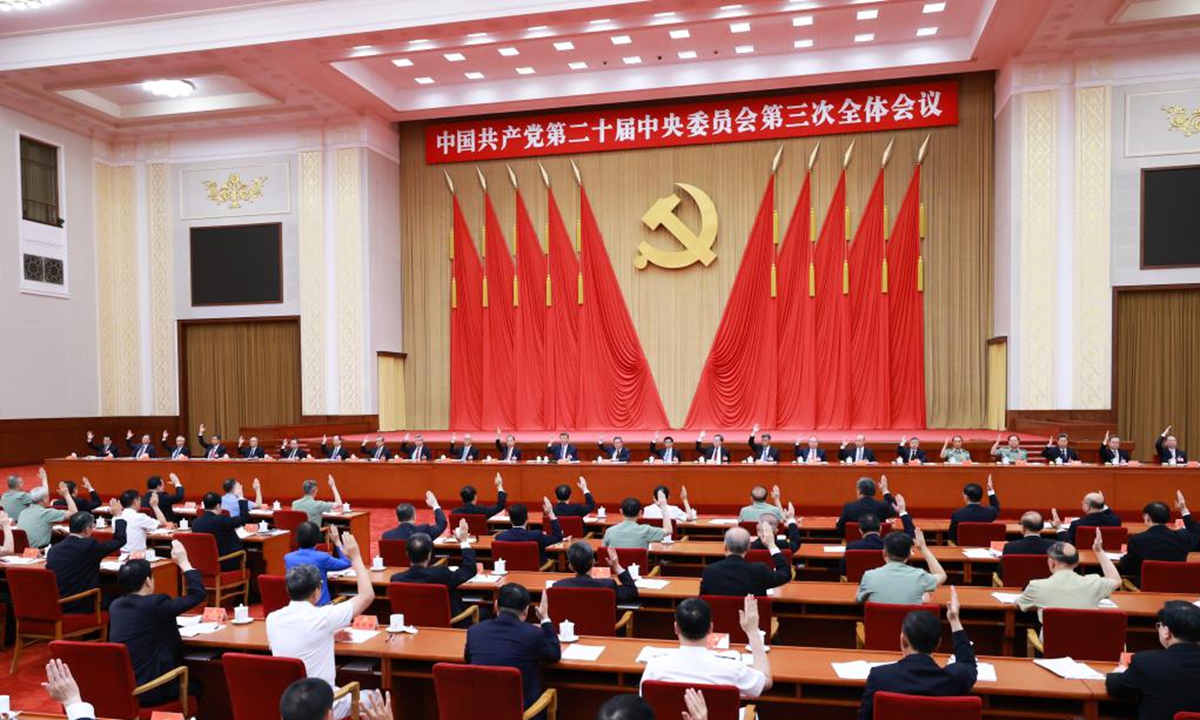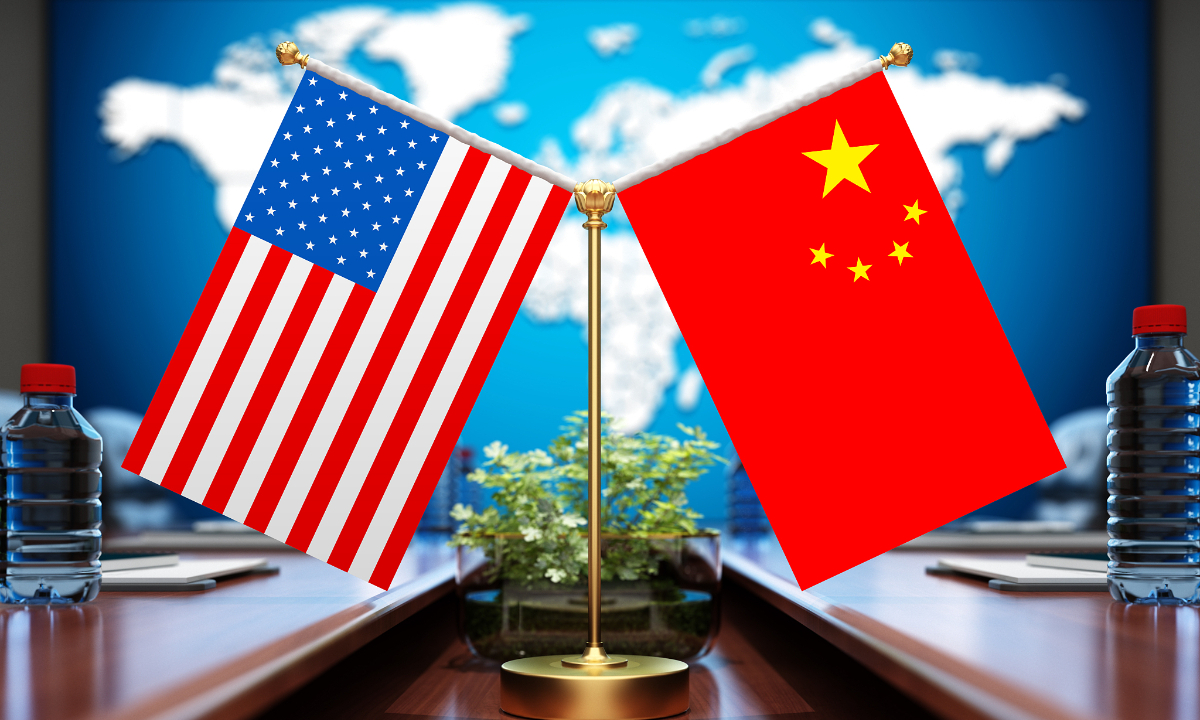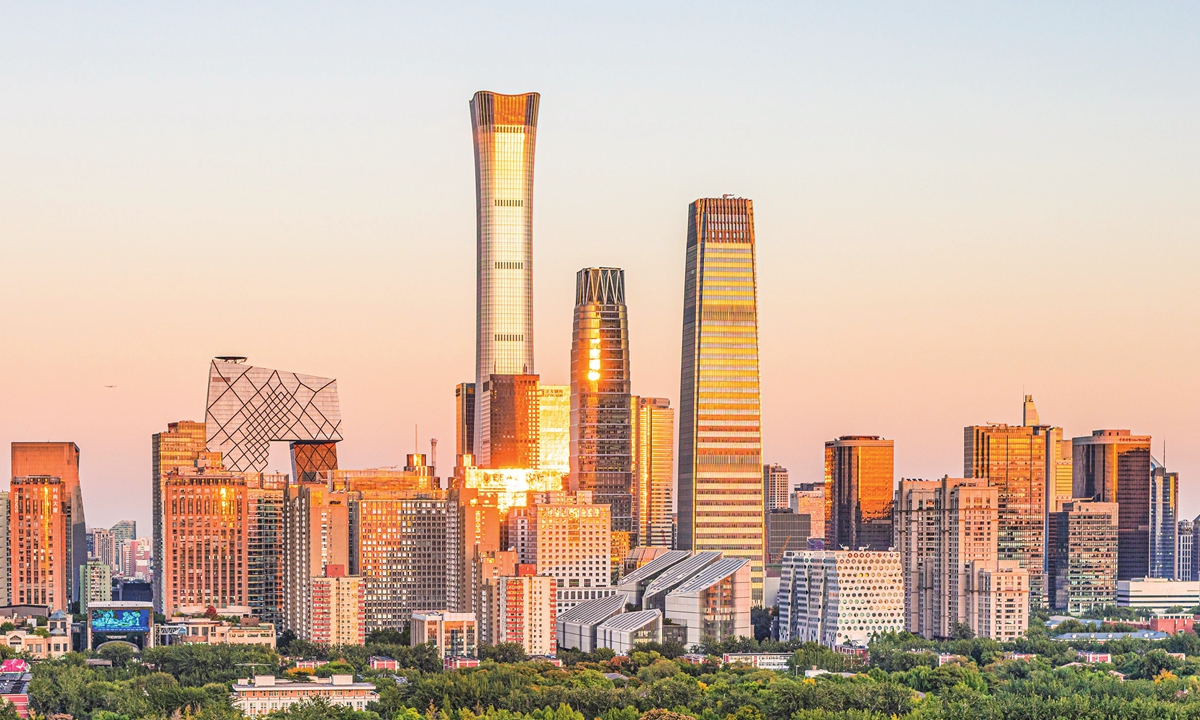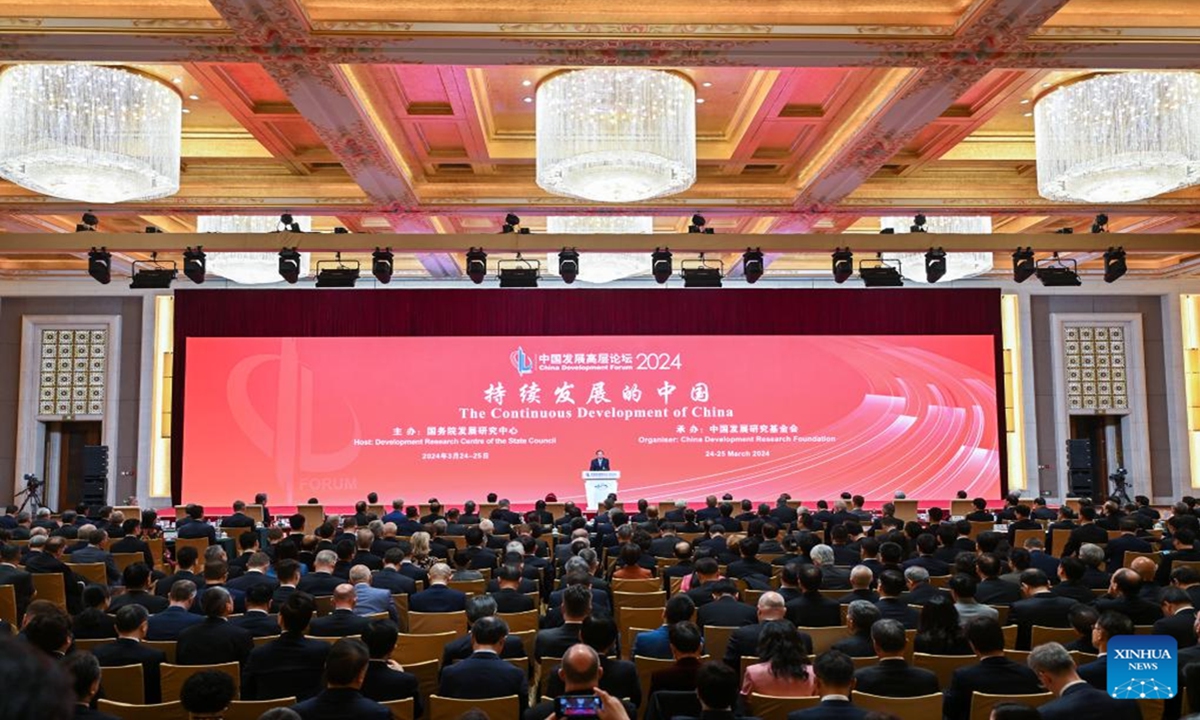Long-term success of Chinese modernization conducive to multipolarization of the world: Russian scholar


The third plenary session of the 20th Communist Party of China (CPC) Central Committee is presided over by the Political Bureau of the CPC Central Committee in Beijing. The plenary session was held from July 15 to 18, 2024. Photo: Xinhua
Editor's Note:
Despite Western attempts to downplay China's economic prospects, the country is resolutely forging ahead with its ambitious reform agenda, following the just-concluded third plenary session of the 20th Communist Party of China (CPC) Central Committee. The plenum outlined a detailed roadmap for China's economic trajectory over the next decade, aiming to further deepen reform comprehensively to advance Chinese modernization and counter biased narratives through substantial achievements.
In an exclusive interview with Global Times reporter Ma Tong (GT), Alexander Lomanov (Lomanov), deputy director for scientific work at Primakov National Research Institute of World Economy and International Relations, Russian Academy of Sciences, emphasized the resilience of the Chinese economy despite increasing external pressures and underscored the crucial role of CPC leadership in ensuring the success of the country's reforms.
GT: According to your observations on China, how do you assess the significance of the third plenary session of the 20th Communist Party of China (CPC) Central Committee for China's economic development and reform over the next decade, particularly amid increasing global uncertainty and China's ongoing economic transformation and upgrades?
Lomanov: The plenum was held against the background of a positive economic outlook. China's economy will grow by at least 5 percent this year. The problem is how to extend this favorable trend of sustainable growth for a long period. The key topic of the plenum was the discussion of the main economic policies that can lead China to build a high-standard socialist market economy by 2035.
The external environment for China's economic development has deteriorated. The outside pressure is increasing. This is an unfavorable situation that cannot be ignored. It is necessary to acknowledge that the Western developed countries will continue the policy of protectionism, destruction of production chains, and creation of technological barriers. The causes of decline in the inflow of foreign investment are rooted not so much in the economy as in the West's policy of unhealthy competition and containment.
In the forthcoming decade, China will have to combine the policy of protection of national economic security with maintaining a high degree of openness to the outside world. It is obvious that China will have to develop key advanced industries and scientific innovations on its own without relying too much on foreign resources, but also without refusing to use them. China will have to improve its global competitiveness. For this purpose, it will be necessary to create new technologies and new production facilities, and to ensure the inflow of investment.
GT: How do you evaluate the role of CPC's leadership and institutional advantages in China's economic achievements and their contribution to further development?
Lomanov: The CPC's policies have ensured the success of economic reforms. Now this success must be protected from unfavorable external influences. The CPC's ability to correctly assess the situation in the economy, proceed from the interests of the people and defend these interests with all its strength is particularly important. Only a unified centralized leadership of the CPC will make it possible to organically combine national security and economic development without mutual conflict between these goals.
There is a lot of talk in the West about how to reduce the "overcapacity" of the Chinese economy. In fact, it is a question of how to stop China's development and limit the presence of Chinese products in world markets in order to protect the West's economic dominance. Some foreign experts frankly say that the more success China achieves in mastering new technologies and creating new industries, the more pressure the West will apply.
The West is misguided and will ultimately harm its own economy. However, it should be assumed that this policy toward China will not change in the coming years. Rather, it is likely to continue with modifications over the coming decade. China has no unlimited resources and no margin for strategic error. Therefore, the top-level design in economic policy, which only the CPC leadership can provide, is very important.
GT: What is your take on the plenum's role in advancing Chinese modernization and reinforcing confidence in its economic development?
Lomanov: To formulate updated priorities for economic development, new breakthroughs in reform theory will be required. To guarantee the successful advancement of Chinese modernization, the legal institutions of the market economy will need to be strengthened. They are the key source of business confidence and activity.
The main aspects of Chinese modernization remain unchanged. These are ensuring material prosperity and cultural advancement for a huge population, and maintaining a reasonable balance between economic development and environmental priorities. Despite growing pressure from the West, we can be sure that China will never use war and neocolonial plunder as instruments of its development. However, if China wants to modernize, it will need to increase its willingness to fight for its legitimate national interests.
The long-term success of Chinese modernization is linked to the trend of multipolarization of the world. China's economic development creates favorable prerequisites for the creation of a new type of international relations based on the principles of equality and mutual respect, free from intimidation and pressure. China needs to expand the circle of new partners that are ready to cooperate under these principles.
It will not be easy to remain committed to a policy of openness to the outside world in a situation where other countries are "decoupling" from China behind high fences. China needs to continue to move forward on the path of reform to address this challenge.



